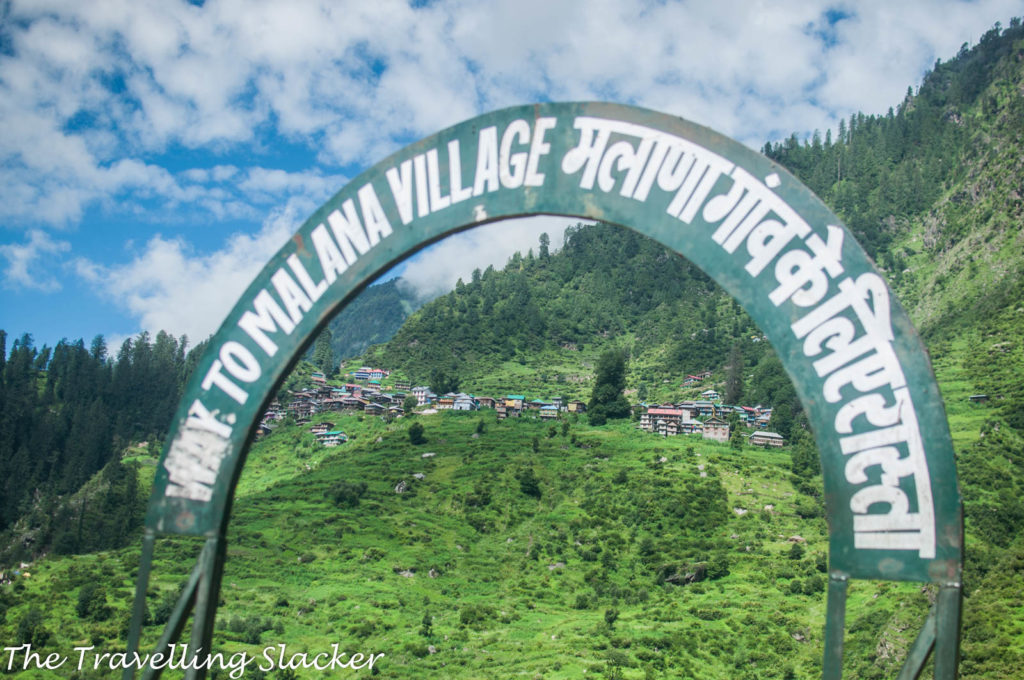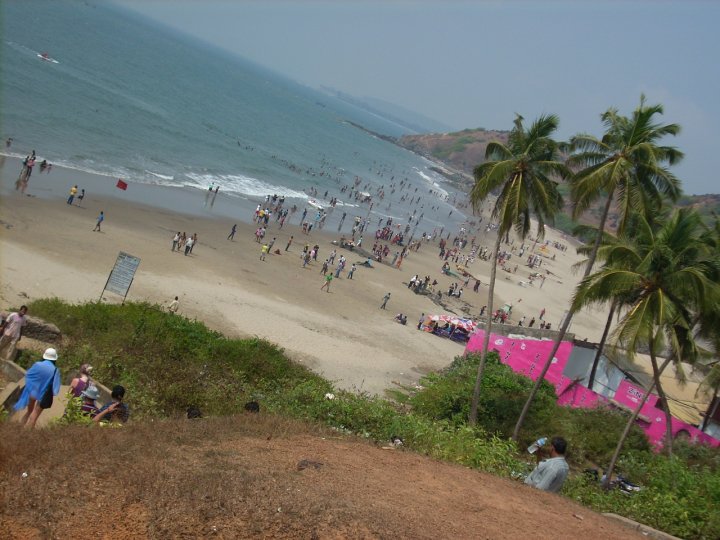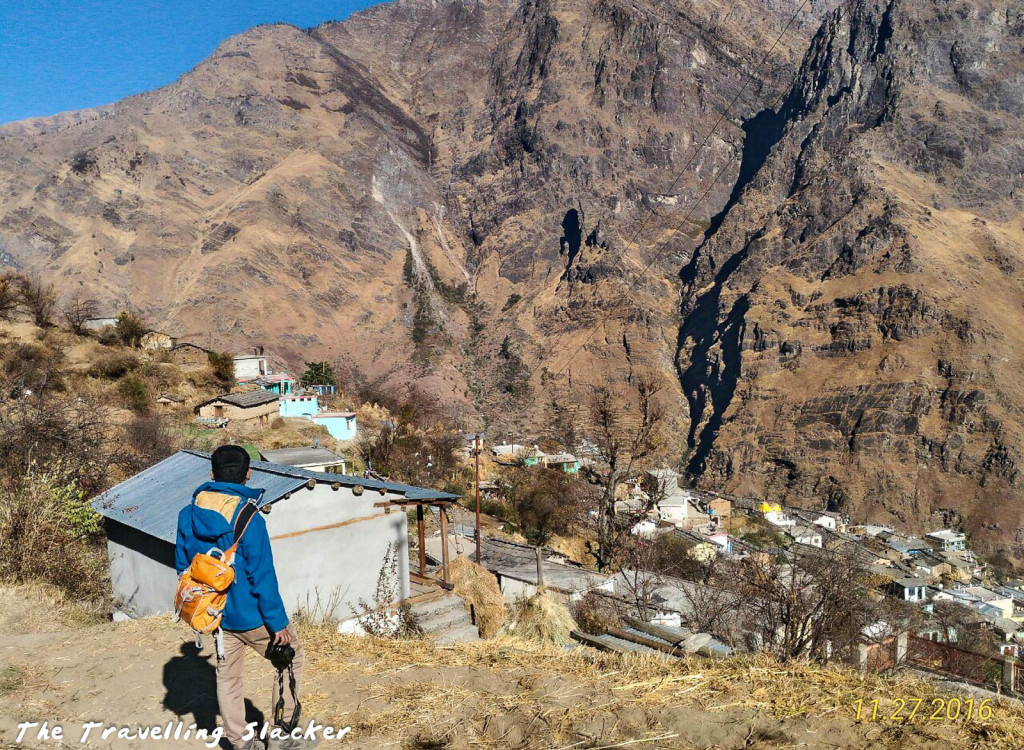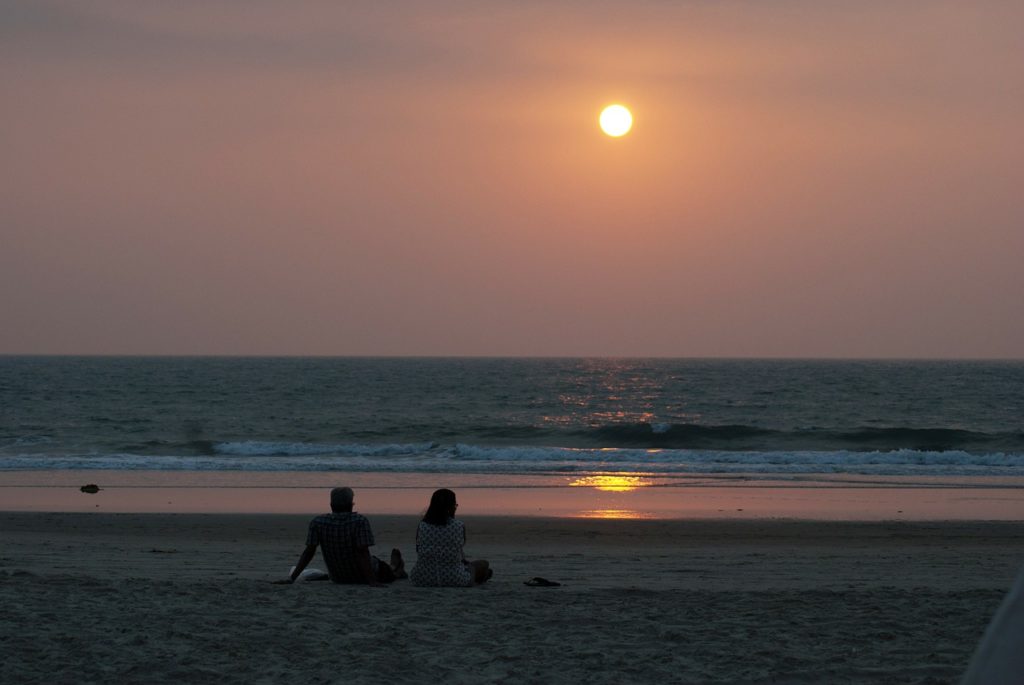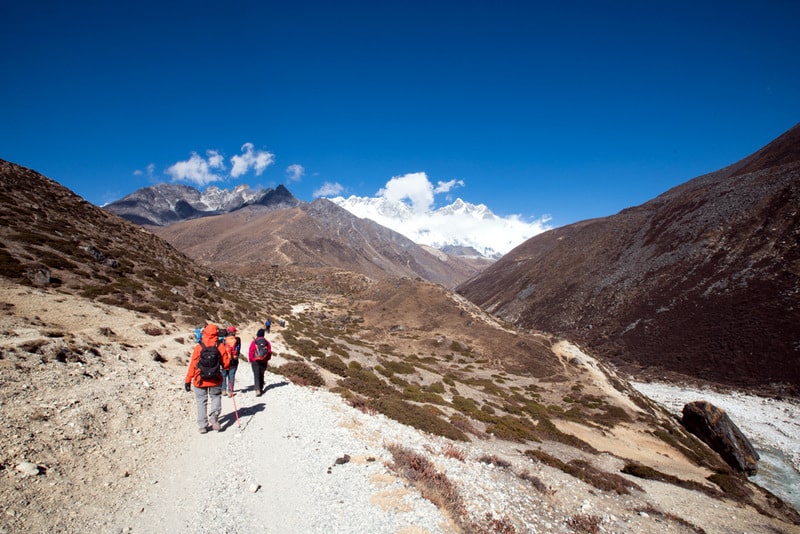In recent years, casino tourism has begun to redefine the Indian travel landscape, adding a dynamic edge to the country’s traditional vacation offerings. According to emerging travel data, more Indians and international visitors are seeking out casino experiences, blending entertainment with travel in a way that goes beyond monuments and beaches. This shift prompts a central question: How are casinos altering the face of Indian tourism, and what are the broader social, legal, and economic ramifications of this trend?
The Rise of Casino Tourism in India
Casino tourism refers to journeys planned with the primary intent of visiting casinos and engaging in regulated gambling. For modern travelers, the allure lies in novelty and the thrill of chance, making casinos a natural magnet for those in search of memorable, adrenaline-charged experiences. As a result, tourism boards and private operators are increasingly highlighting casino visits as essential parts of their promotional campaigns. From vibrant gaming floors to lavish entertainment, casinos offer the kind of adventure many tourists now crave.
Where Are Casinos Allowed in India?
India’s legal framework for gambling is complex. Gambling regulations fall under state jurisdiction, not national law, resulting in a patchwork of rules across the country. Currently, only three states have legalized land-based casinos:
- Goa
- Sikkim
- Daman
These states have crafted specific legislative provisions that allow licensed casino operations, setting them apart from the rest of India, where gambling remains largely prohibited. The reasons are both historical and economic: Goa, Sikkim, and Daman have sought to boost tourism revenue by offering unique entertainment options.
Online casinos, meanwhile, occupy a legal gray area. The federal Information Technology Act regulates online activities but does not specifically address online gambling. As a consequence, many digital casino platforms operate unimpeded, with the lack of clear regulation creating opportunities—and uncertainties—for both players and operators.
Online casinos attract young Indians with a variety of games, including Plinko. Today, this game is very popular in India. There are even gambling-related informational websites, featuring the best casinos with this game. For example, you can find on Plinko games website the most up-to-date selection of platforms with Plinko. This site also provides detailed information on this game.
Goa, Sikkim, and Daman as Top Casino Destinations
Among India’s casino hubs, Goa stands out as the heartbeat of the industry. The state boasts ten casinos, including four celebrated “floating casinos” that operate on riverboats, offering game tables and entertainment as they drift along the Mandovi River. Some of the country’s premier venues include:
- Deltin Royale: Renowned for its luxury, international-standard gaming, and live entertainment.
- Casino Pride: Popular for its diverse table games and vibrant atmosphere, appealing to both novices and seasoned gamers.
- Daman Casino: The largest integrated resort casino in the region, offering extensive gaming floors and hospitality services.
- Casino Mahjong (Sikkim): Noted for its scenic Himalayan backdrop and blend of gaming and relaxation.
Signature attractions at these venues include world-class gaming, gourmet dining, cultural shows, and exclusive events. These casinos attract a broad spectrum of tourists, from high-rolling international visitors to domestic travelers eager for a taste of the extraordinary. The combination of casino glamour with local culture sets these destinations apart from standard beach resorts or hill stations.
The Role of Online Casinos
India’s online casino sector has witnessed rapid expansion, fueled in part by the legal ambiguities surrounding cyberspace gambling. The arrival of COVID-19 in 2020 and subsequent travel restrictions pushed many enthusiasts to try digital gaming platforms. Today, online casinos offer a broad selection of games—from poker to roulette—accessible via smartphones and PCs, replicating much of the casino thrill from the comfort of home.
The accessibility factor has made online casinos attractive to a wider audience, including those deterred by the travel, time, or expense of visiting a physical casino. This digital surge has diversified the Indian gambling demographic and is reshaping leisure habits.
Economic Impact and Global Comparisons
The economic impact of casino tourism is significant for host states. According to the Goa State Department of Tourism, casino-based tourism brings in substantial revenue, supports thousands of jobs in hospitality and services, and spurs investment in local infrastructure, including hotels, restaurants, and transport. Visitor expenditures ripple through the economy, stimulating both direct and indirect growth.
For perspective, global casino hubs such as Las Vegas in the United States and Macau in China have set benchmarks for economic transformation through casino-based tourism. In 2023, Macau reported gaming revenues exceeding $22 billion (Macau Gaming Inspection and Coordination Bureau), illustrating the potential scale India could eventually achieve, albeit with regulatory and social adjustments.
Social Debate and Regulations
Casino tourism’s expansion comes with both commendation and controversy. Advocates argue that casinos foster economic development, create jobs, and increase a destination’s global visibility. They also note that legal, regulated environments can channel gambling away from illicit markets.
On the other hand, critics point to risks such as gambling addiction, increased crime, and potential social disruption. Regulatory authorities and social organizations frequently debate the adequacy of consumer protections and the need for stricter oversight. Dr. Anuj Bhargava, a sociologist specializing in leisure studies, remarks, “The challenge is to balance economic opportunity with responsible regulation and social safeguards.”
PC: ThorstenF/Pixabay


